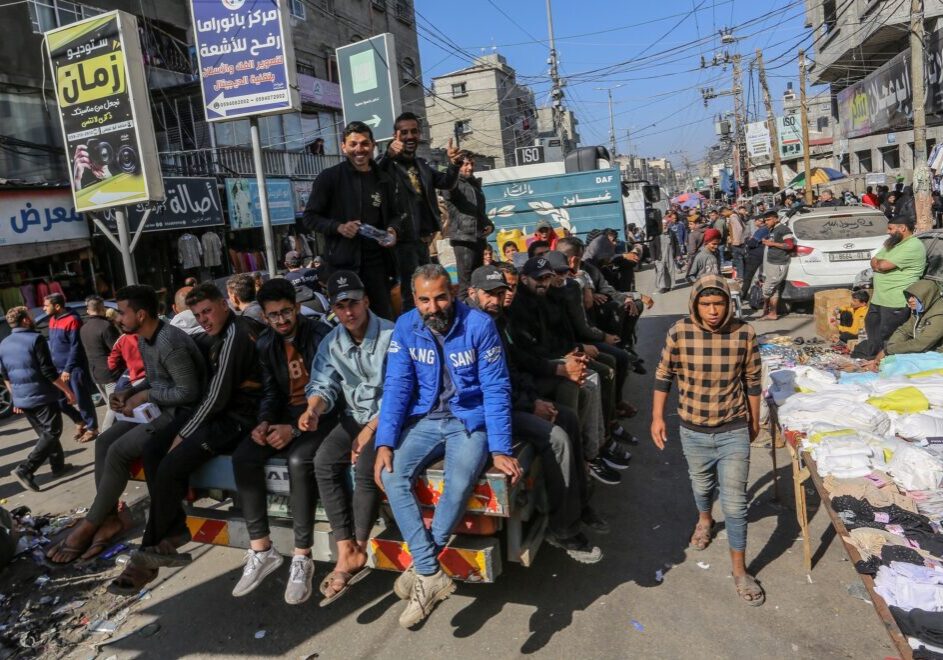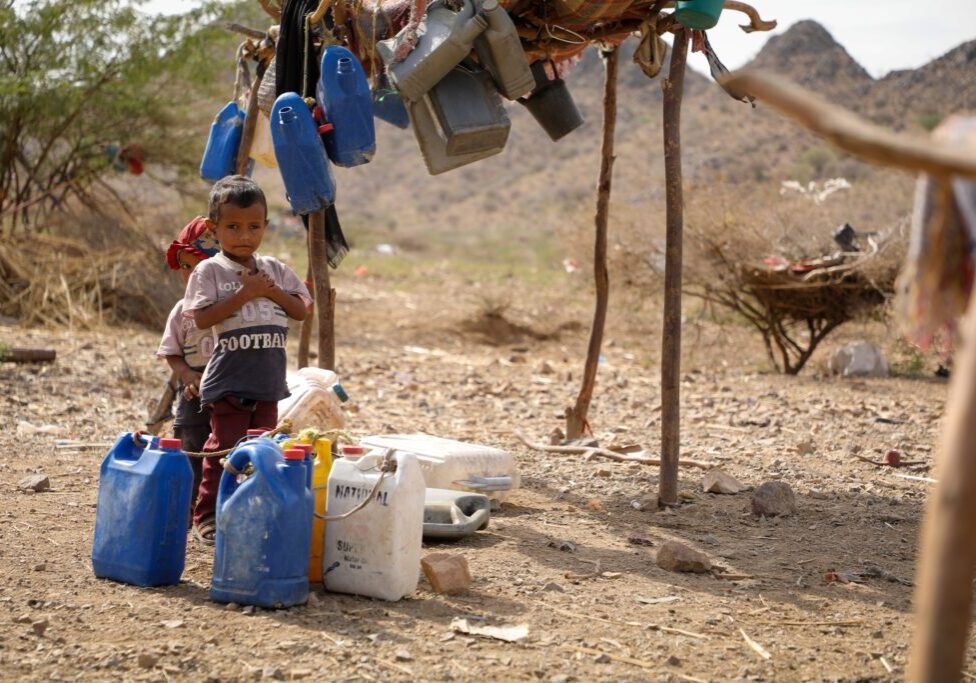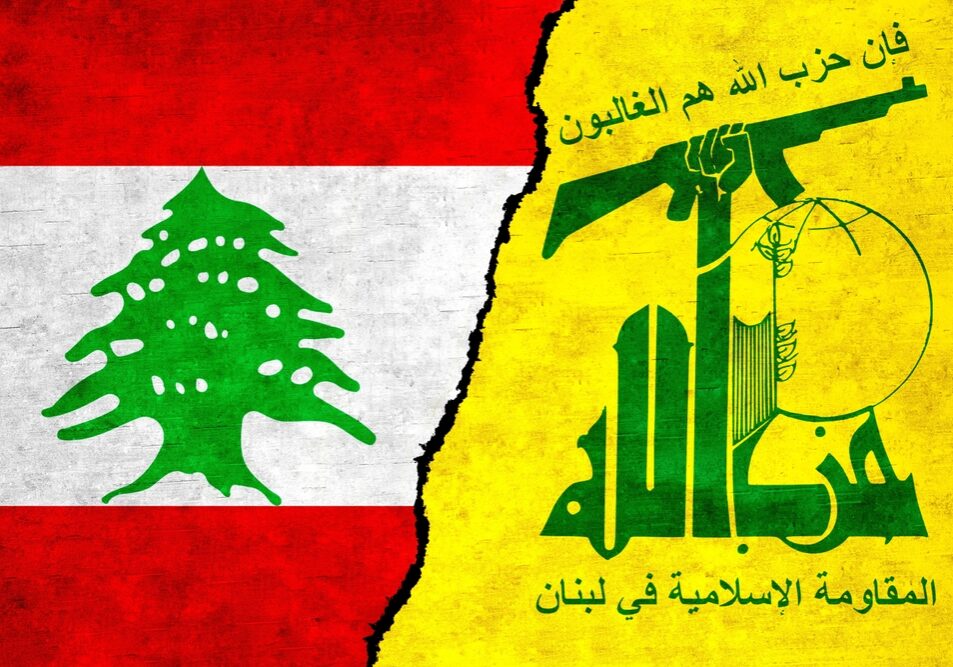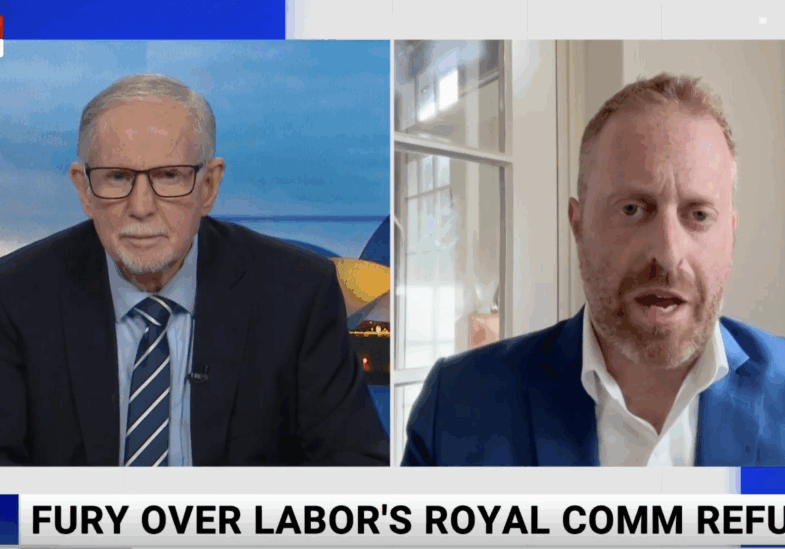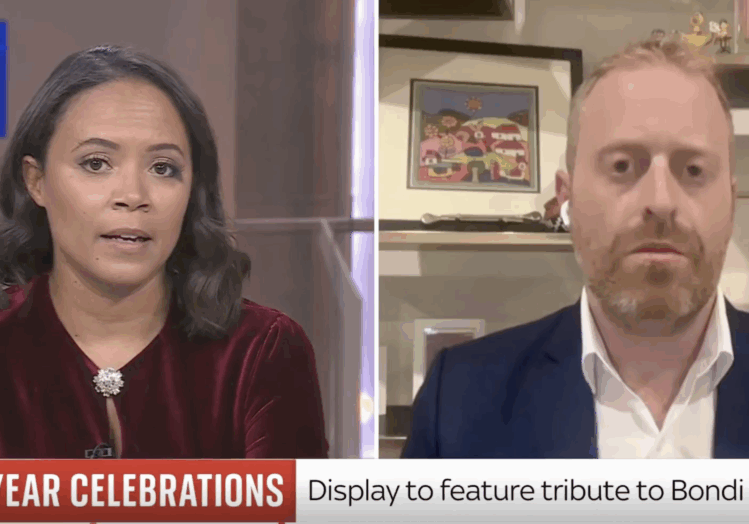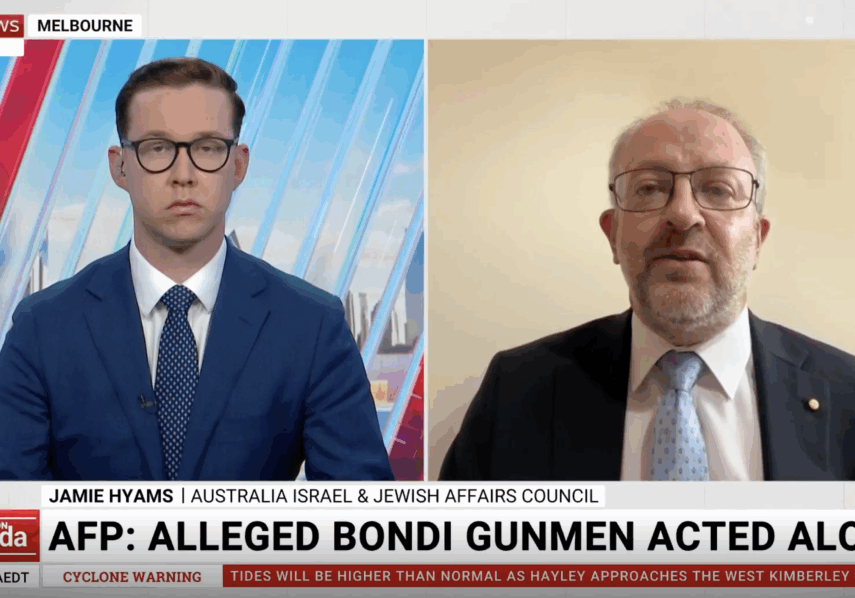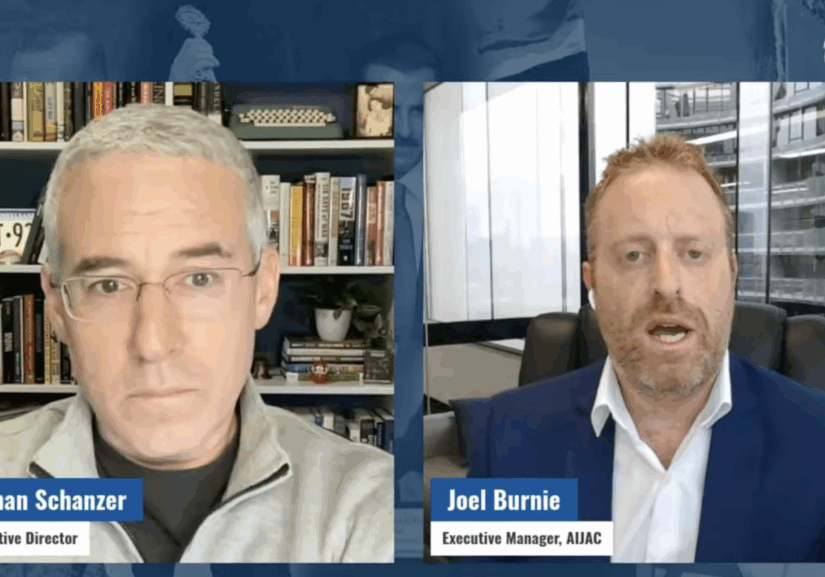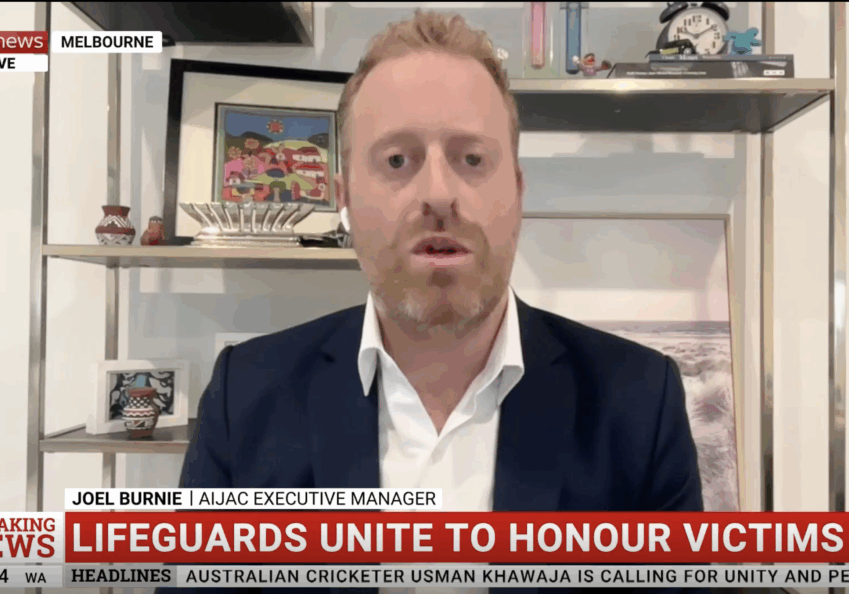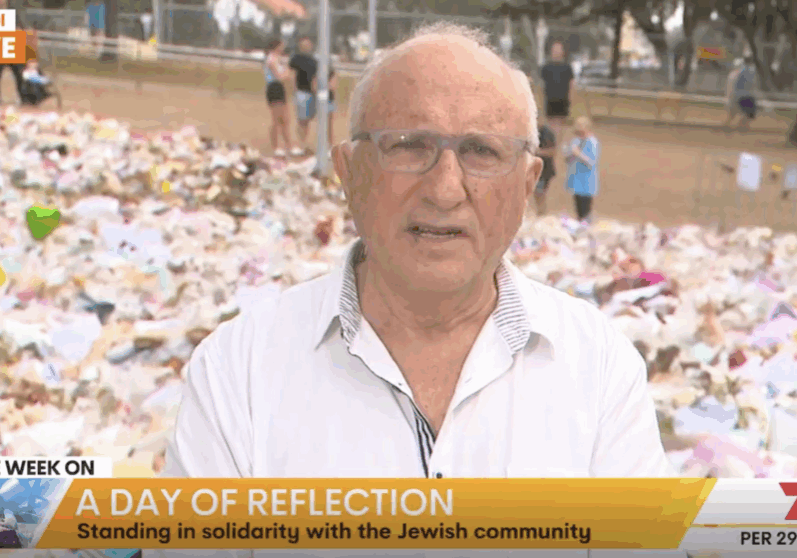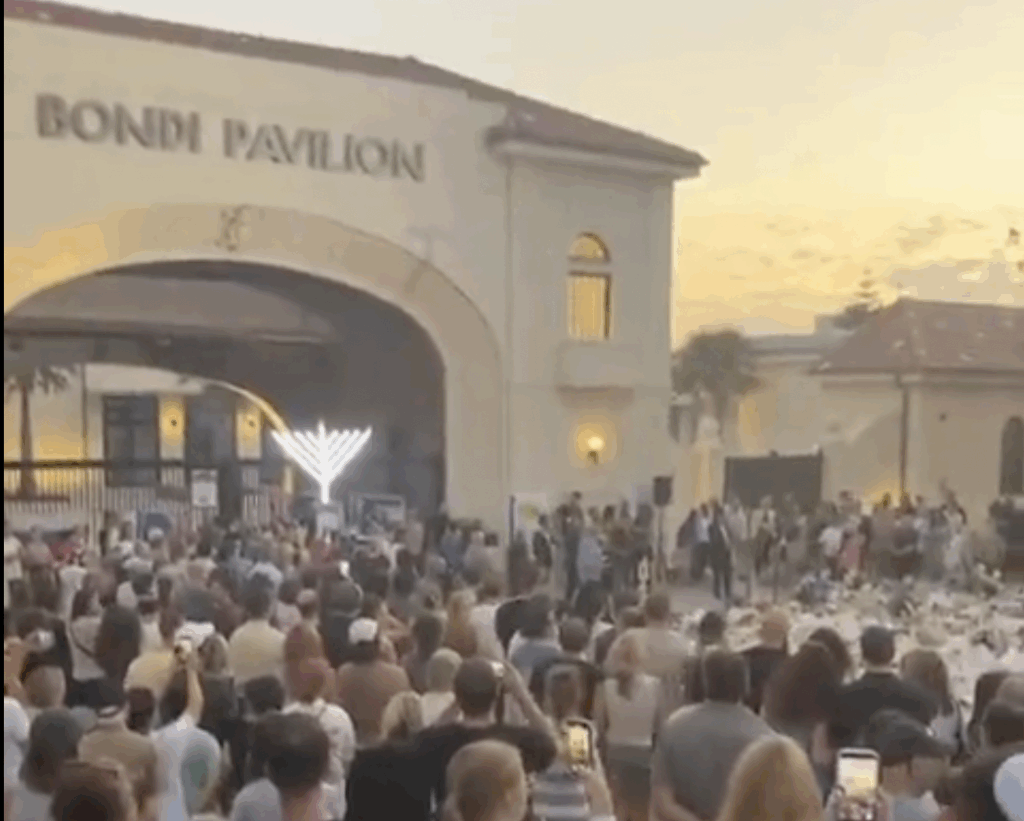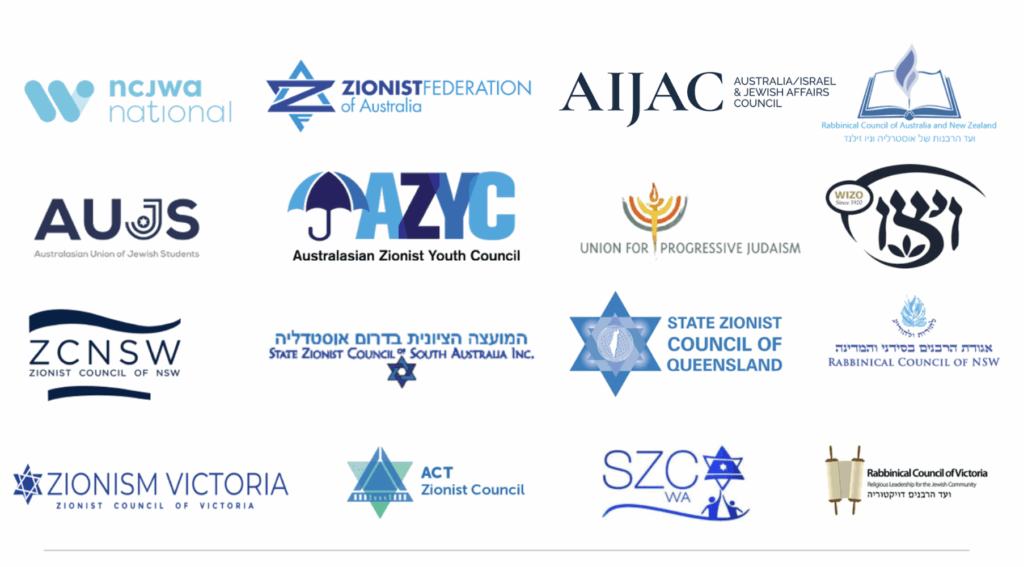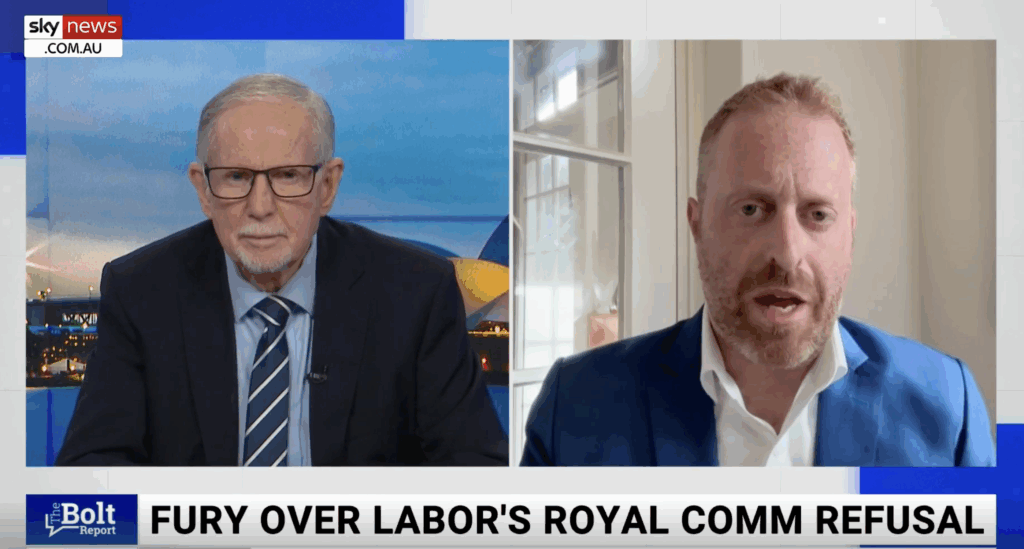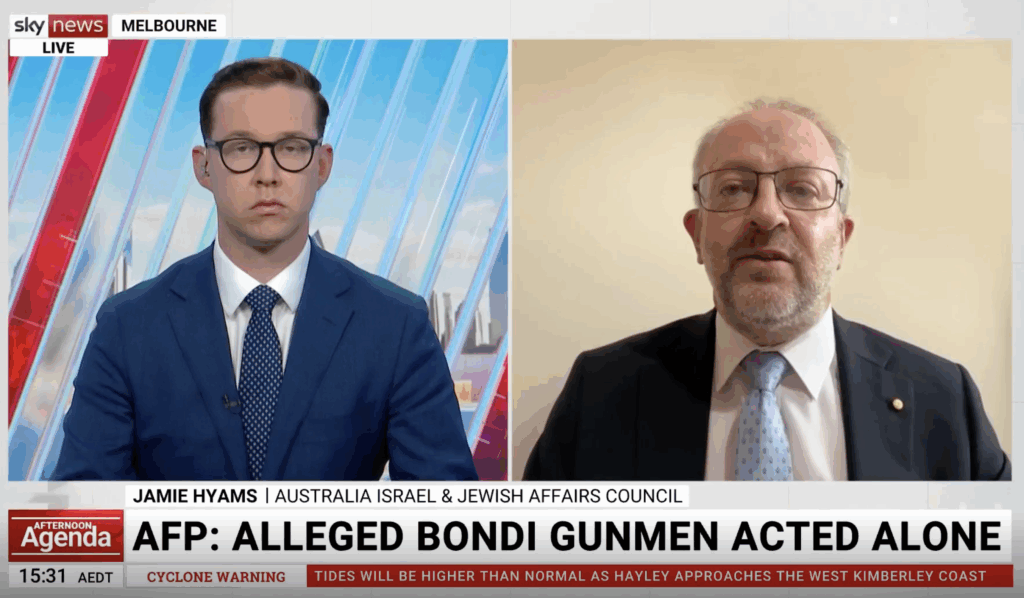FRESH AIR
Four Corners “Forever War” episode reflected the endless crusade of its creator, John Lyons
March 15, 2024 | Ahron Shapiro

“The Forever War,” screened March 11, was an ABC “Four Corners” episode that focused on the current Israel-Hamas war which began with Hamas’ October 7 massacre, rape, pillaging and hostage-taking spree. It was created and narrated by ABC Global Affairs Editor John Lyons.
Like Lyons’ previous Four Corner offering on the Israel-Palestinian conflict – the Walkley Award winning Stone Cold Justice (2014) – this piece blends elements of investigative journalism with an activist political agenda – the former deployed in an apparent attempt to give more credibility to the latter.
This blog post is not a chapter and verse deconstruction of the 45-minute program – that will come later – but an overview that will make a few key observations that serve to demonstrate that the program is the work of an experienced storyteller, nothing less and nothing more. Lyons set out with a preconceived plan of the ideas he wanted to give air to and conclusions he wanted the viewers to reach, with interviewees carefully chosen and their contributions then edited as needed to get the desired result.
Yehuda Shaul: The odd “commander” out
Lyons provides what is called the “nut graph” in journalism, or the context of the story in a nutshell, at 1:45 into the piece. It is here that we understand from Lyons where he plans to take this story, with what substance:
“In this Four Corners we go head-to-head with insiders at the centre of Israel’s defence and intelligence establishment – a former Prime Minister, two ex-intelligence chiefs, a current cabinet minister, and a one-time Israeli army commander. We challenge them about one of the most controversial wars in modern times.”
Sounds great, but who are these stellar interview subjects – literally in Lyons’ words “insiders at the centre of Israel’s defence and intelligence establishment”?
Former Prime Minister: Ehud Barak (1999-2001), as head of the Labor party. Former IDF Chief of Staff (1991-95), Former Defense Minister under Prime Minister Netanyahu.
Ex-intelligence Chief #1: Ami Ayalon (Head of Israel’s internal security agency Shin Bet 1995-2000) and former peace activist and Labor MK. Former head of the Israeli Navy who retired with the rank of General.
Ex-intelligence Chief #2: Avi Dichter (Ayalon’s successor as head of the Shin Bet, 2000-2005).
Current cabinet minister with the Likud party. Minister of Agriculture and Rural Development but a former Minister of Internal Security. A member of the Security Cabinet but not the War Cabinet. Dichter served in the elite Sayeret Matkal commando unit under Ehud Barak.
One-time Israeli Army commander: Yehuda Shaul, head of the far-left wing NGO Breaking the Silence and at one point in his mandatory military service was an IDF “Sarsap” NCO commander in the 50th Battalion of the Nahal Infantry corps during the Second Intifada (2001-2004). Completed his IDF service with the rank of First Sergeant.
Lyons is on solid ground describing Barak, Ayalon and Dichter as credible authorities on matters of defence and intelligence, though Dichter is the only one of those three that could be described as an insider in today’s war.
But to place Shaul – a favourite subject of Lyons interviewed at length in “Stone Cold Justice” – on the list of “insiders at the centre of Israel’s defence and intelligence establishment” and give him about five minutes of airtime including a question posed to him – over 10% of the overall episode – is frankly an embarrassment to journalism.
What important military service did Shaul once perform, much less performs now 20 years later, in order to be included on this distinguished list of interviewees about the current military with the lofty title of “former West Bank military commander”?
Having served in the IDF and having done my basic training on a Nahal base with commanders with the rank and role of Shaul, I know firsthand about what I’m talking about.
Shaul’s specific title was “Sarsap”, an acronym for “Sgan rav samal plugati”, which means the assistant to the “Rasap” or Company Sergeant Major. Mostly that meant being responsible (as an assistant, mind you) for mostly logistical operations for a maximum of 120 soldiers. To put things in perspective, according to the Times of Israel, during the height of the current Gaza War, the IDF had “five maneuvering divisions… fighting simultaneously…, with around 10,000 to 20,000 soldiers each”!
But, again, what really did Shaul do in his army service? Shortly after his discharge in 2004, when Shaul first caught the interest of the left-wing newspaper Ha’aretz, he described an occasion when he “brought food to a position set up by the IDF inside a Palestinian house overlooking the al-Sheikh neighborhood” of Hebron during the Second Intifada. Shaul told Ha’aretz he spent 14 months in Hebron, though it’s unclear whether he served as a Sarsap the entire time.
This account accurately described a routine duty of Shaul’s “command”, for what it was. Shaul wasn’t an officer. He didn’t lead battles. He wasn’t even a Rasap. He did some logistical support work. He was discharged from the IDF, as stated, in 2004, and I’ve never located any account of his having served in the reserves after that, and has spent the rest of his life trash-talking the army in which he served.
What he did do straight out of the army is form a political NGO called “Breaking the Silence” (BtS) comprised of former IDF soldiers who anonymously criticise Israel’s occupation of the West Bank (Israel withdrew from Gaza in 2005, so no soldiers were occupying that area since and BtS has therefore had almost nothing to say about Gaza until now).
That means Shaul has nothing of value to contribute to the current conversation besides his own opinionated viewpoint as an Israeli political activist far removed from his army service. Therefore, Lyons’ grouping him with actual top military experts promotes Shaul to a position of relevance and credibility he clearly hasn’t earned.
The Forever War: The Palestinians vs Israel or Lyons vs Israel?
Lyons’ overselling of Shaul’s credentials is emblematic of the false bill of goods that he sells to the viewer from his other interviewees. Lyons, as the storyteller, gets to choose who we hear the story from.
Of all the interviewees, only Dichter can be described as espousing the views of the governing coalition and those who voted for it. The aforementioned Barak and Ayalon are identified with the political Left.
Another interviewee, the former head of the Kadima Party Tzipi Livni, is centre-left. Shaul is far-Left, as is Ha’aretz reporter Amira Hass, who is so rabidly on-point with the Palestinian narrative that she has lived comfortably in Ramallah since 1997 – the only prominent Israeli who is accepted as a resident in the Palestinian Authority’s seat of government, where Israeli Jews are generally forbidden to even visit out of fear of being subject to terror attacks or kidnapping.
Besides the interviewees, Prime Minister Binyamin Netanyahu, Finance Minister Bezalel Smotrich and Minister of Internal Security Itamar Ben-Gvir appear in sound bites.
Representing the Palestinians are two academics: Dalal Iriqat, Associate Prof. of Diplomacy at the Arab American University Palestine in Ramallah and Abdaljawad Omar, a PhD student and part-time lecturer in the Philosophy and Cultural Studies Department at Birzeit University.
Having the Palestinians represented by a couple of academics is a puzzling decision by Lyons. The Palestinians have their own recognised government – the Palestinian Authority – and to not invite their leaders to be interviewed in a documentary about the intractability of the conflict raises obvious questions.
Could it be that Lyons’ didn’t want to muddy the waters by having to then discuss Israeli peace offers extended to the PA’s leaders by Barak in 2000 and 2001 and Livni’s part in the 2008 Annapolis Olmert peace offer as well as the advanced negotiations led by Livni on behalf of the Netanyahu government in 2014? Because his documentary ignores them.
Lyons interviews only one outside expert. He could have chosen anyone, but who he did choose is very revealing, and also makes sense when you consider Lyons’ well-documented antagonistic views about Israel that he has candidly put on display in his books, articles and interviews.
Captain’s Call: One outside expert
In constructing “The Forever War”, Lyons chose to include one outside voice with experience discussing the conflict between the Palestinians and Israel, and one alone: the far-left Jewish US Jerusalem-based journalist and author Nathan Thrall.
Thrall is the former director of the Arab-Israeli project at the International Crisis Group and an author of, among other things, “The only language they understand” – a book calling for an imposed solution in favour of the Palestinians.
I’ll explore Thrall’s comments from “The Forever War” in another blog that will look at the entire edition in greater focus, but what I find even more revealing is what Thrall had to say at the time of the Hamas attack itself.
In fact, on October 8, 2023, the day after Hamas’ massacre, Thrall gave an interview to The New Yorker that was highly critical – not of Hamas, but of himself, for not doing more in his career to draw attention to what he called the “root causes” which drove Hamas to carry out its massacre. And make no mistake, he places the blame almost entirely on Israel for creating the “root causes” of October 7. Thrall said:
[When I left the ICG, what I thought] “I needed to do was to bring more attention to the root causes, which are ignored and we are just guaranteed to see more and more of these sporadic outbursts of violence, with civilians killed on both sides, because we refuse to focus on the actual causes of the violence.”
I leave to the readers’ own judgement whether or not Lyons chose Thrall as his sole outside expert because he reflected Lyons’ own belief system regarding where to place the blame for the atrocities of October 7, and which Lyons wanted ABC viewers to absorb.
Tags: ABC, Gaza, Israel, Palestinians




